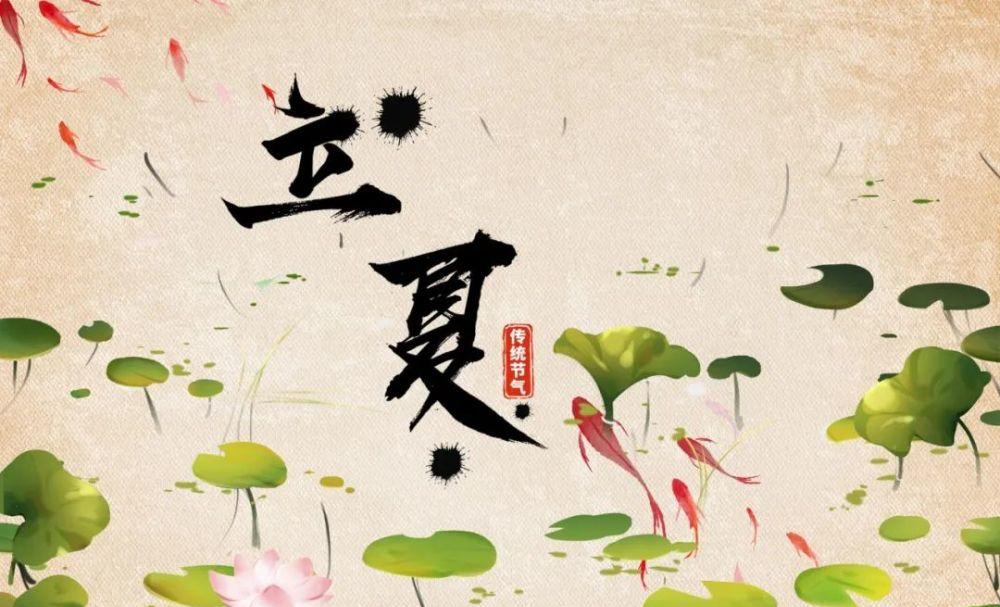"The Second Song of the Southern Wind of The Summer Day"
【Song Dynasty】 Xiang Anshi
The city is full of willows and green, flying freely with the spring breeze on its back.
But it is Yang Hua who has talent and thoughts, and for a while he packs up the spring return.

Translations
The willows of the city are full of greenery and lush, and they fly happily with their backs to the spring breeze.
Only that Yang Hua was the most talented, and all of a sudden, the spring was cleaned up, and summer finally came.
exegesis
Freedom: Freedom; no restraints.
Talent: Talent and affection.
Pick-up: Gathering; Collecting.
Appreciation
This is a Lixia poem by the Song Dynasty poet Xiang Anshi.
"The city is full of willows and greenery, flying freely with the spring breeze on its back." These two sentences mean that the willows in the city are full of greenery and lushness, and they fly happily with their backs to the spring breeze. This is written "Willow Of The Spring". "Willow" has the meaning of "stay", looking at the green willow, as if spring is still in sight. Through anthropomorphic rhetorical techniques, the poet tells the appearance of Yang Liu's leisurely self-sufficiency in the spring wind, expressing the beauty and poetry of the poet indulging in the spring wind.
"But it is Yang Hua who has the talent to think, and for a while he packs up and returns with spring." These two sentences mean that only that Yang Hua has the most talent and sentiment, and suddenly cleaned up the spring, and summer finally came. This is written "Yang Hua zhi send spring". "Yang flowers fall to the end of the rules and cry", Yang flowers fall out, which means that spring is about to leave, summer is coming. The poet also uses anthropomorphic rhetorical techniques to tell Yang Hua to end the spring with his own talents, expressing the poet's joy and expectation for the arrival of summer.
On the one hand, "Yang Liu Liu Spring" and on the other hand is "Yang Hua Sends Spring", which expresses the contradiction between reluctance and expectation in the poet's heart, so that the ten thousand emotions on the occasion of the summer are piled up in the corners of the eyes, which are endlessly evocative and have profound meanings.
Looking at the whole poem, the language is vivid, simple and unpretentious, there is no strange word, there is no use of an allusion, full of the happy atmosphere of sending spring and summer, and it is a famous masterpiece in Lixia's poems.
Author: Yan Yong, Master of Arts. He has published nearly 100 poem reviews on the "Learning to Strengthen the Country" learning platform. He is a member of the Chinese Poetry Society, a member of the Jiangsu Writers Association, and a member of the third batch of the National Young Writers Class. He has published a collection of literature and history, "Taizhou History: The City by the Salt River", a collection of essays "Reading Travel", and an essay collection "Fengyun Taizhou". Published more than 1,000 articles. He is currently the editor of the newspaper.